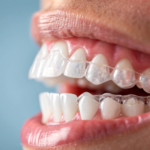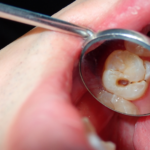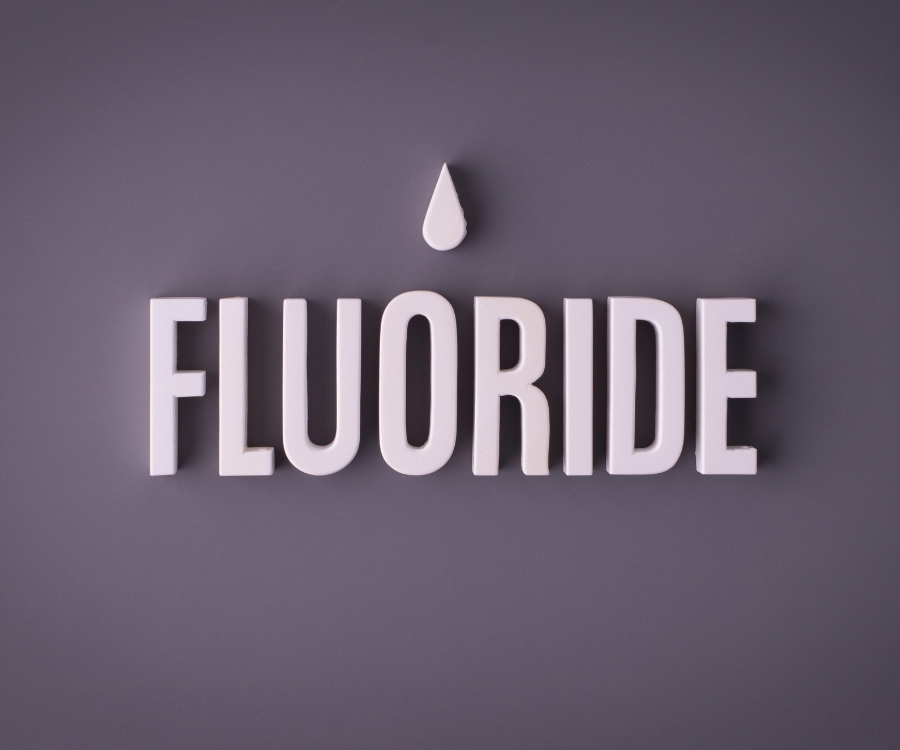The Role of Fluoride in Protecting Teeth: Your Smile’s Best Defense
When you hear the word “fluoride,” your mind probably jumps to toothpaste and dental visits. But have you ever wondered what this mineral actually does for your teeth? It’s much more than just a buzzword on a tube of Colgate. Fluoride plays a crucial and powerful role in keeping your smile healthy and bright for a lifetime.
What Exactly Is Fluoride?
At its core, fluoride is a naturally occurring mineral. It’s found in water sources, various foods, and even in the Earth’s crust. For decades, scientists have recognized its unique ability to strengthen teeth and prevent decay. Think of it as a natural armor for your enamel.
How Does Fluoride Work Its Magic?
The magic of fluoride lies in its interaction with a process called demineralization and remineralization. Let’s break that down.
- Demineralization: This is the bad guy. Every time you eat or drink, especially sugary or starchy foods, the bacteria in your mouth produce acids. These acids attack your tooth enamel, stripping away essential minerals like calcium and phosphate. This process weakens the enamel, making your teeth vulnerable to cavities.
- Remineralization: This is where fluoride comes in as the hero. When you consume fluoride, either through fluoridated water, toothpaste, or other products, it gets absorbed by your teeth. It helps to replace the lost minerals and makes the enamel stronger and more resistant to future acid attacks. It’s like patching up small cracks and making the whole structure more resilient.
Specifically, fluoride incorporates itself into the tooth structure, forming a more robust mineral called fluorapatite. This new compound is much more resistant to acid erosion than the original enamel. This means your teeth can better withstand the daily onslaught of food and drinks.
The Two Ways Fluoride Protects Your Teeth
Fluoride works in two primary ways to protect your dental health:
- Topical Fluoride: This is the most common method we’re familiar with. When you brush with fluoride toothpaste, use a fluoride mouthwash, or get a professional fluoride treatment at the dentist’s office, you’re applying fluoride directly to the surface of your teeth. This allows the mineral to be absorbed directly into the enamel, strengthening it from the outside in.
- Systemic Fluoride: This refers to fluoride that is ingested. The most well-known source is community water fluoridation, a public health measure that has been credited with dramatically reducing tooth decay in many communities. The fluoride you drink gets incorporated into the teeth as they are forming in children, making them strong from the very beginning.
Who Benefits from Fluoride?
The short answer is: everyone!
- Children: Fluoride is incredibly important for children, as it helps to strengthen their permanent teeth as they erupt. It can significantly reduce their risk of developing cavities early in life.
- Adults: Adults still benefit greatly from fluoride. It helps to prevent root decay, which can be a common problem as gums recede with age. It also helps with “dry mouth” conditions that can increase cavity risk and protects against the effects of acidic foods and drinks we consume daily.
Is Fluoride Safe?
Yes, when used appropriately, fluoride is safe and highly effective. Decades of research and public health data have consistently shown that fluoride, in the amounts found in toothpaste and fluoridated water, is a safe way to prevent tooth decay. The benefits of cavity prevention far outweigh any minor risks.
Making Fluoride Part of Your Routine
You’re likely already doing this, but here are some key takeaways to ensure you’re getting the most out of this powerful mineral:
- Brush twice a day with a fluoride toothpaste. This is the foundation of good oral hygiene.
- Check if your community water is fluoridated. If not, talk to your dentist about other options.
- Ask your dentist about professional fluoride treatments. These are especially beneficial for children and adults at a higher risk of cavities.
In the end, fluoride isn’t just an ingredient; it’s a vital tool in your oral health arsenal. By understanding its role in strengthening and protecting your teeth, you can appreciate the science behind a healthy, beautiful smile. So, go ahead and brush with confidence—your teeth will thank you for it!








